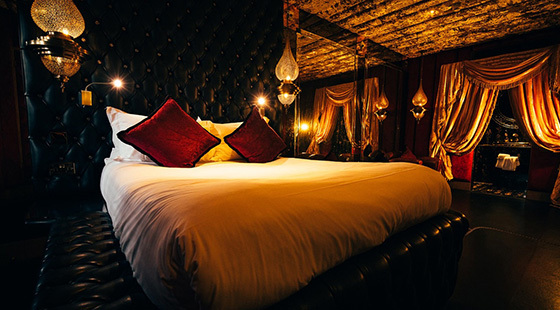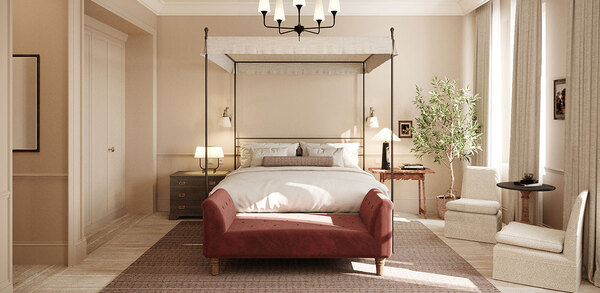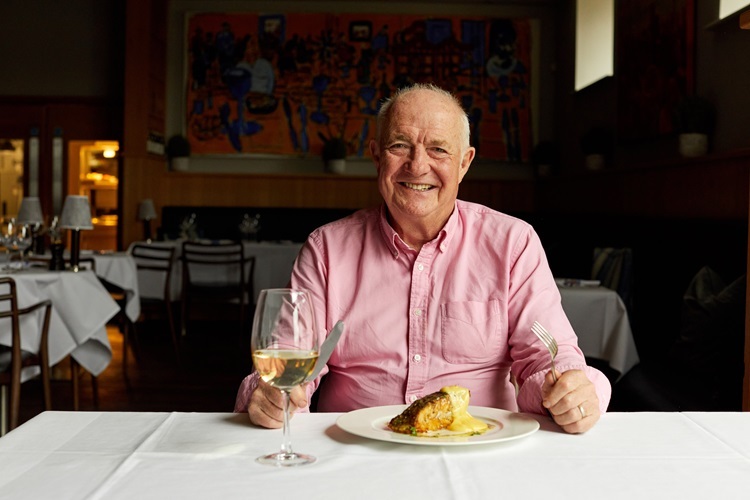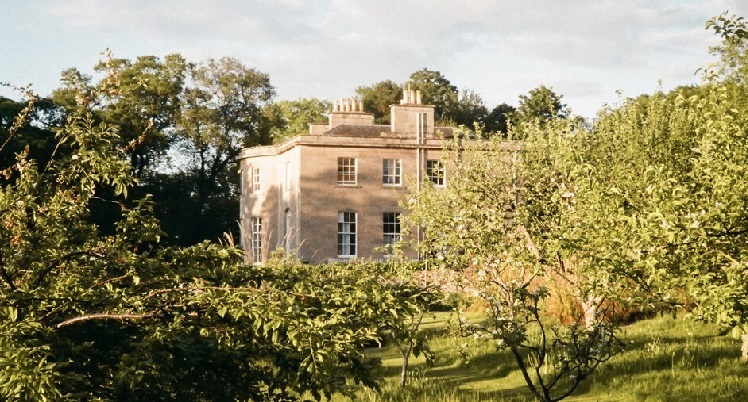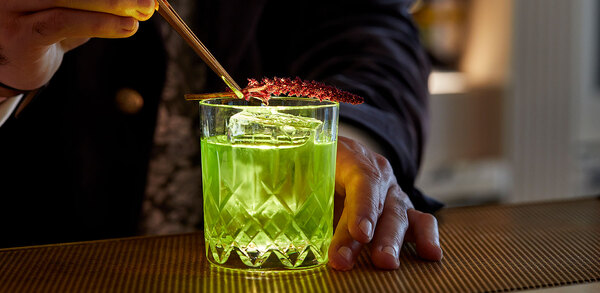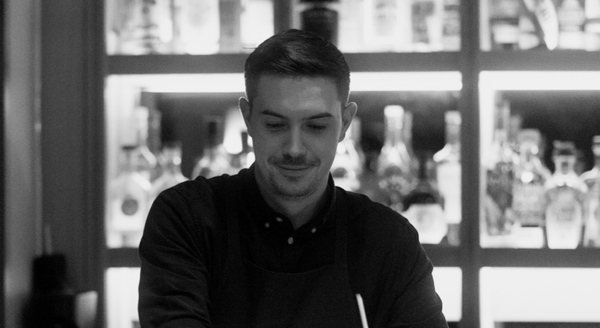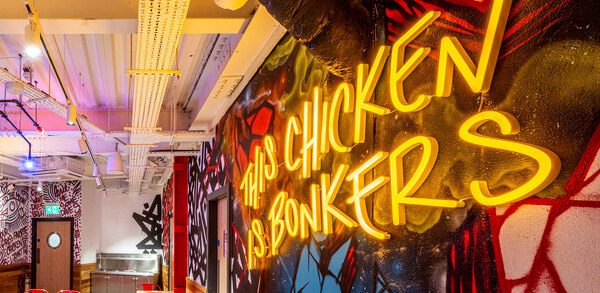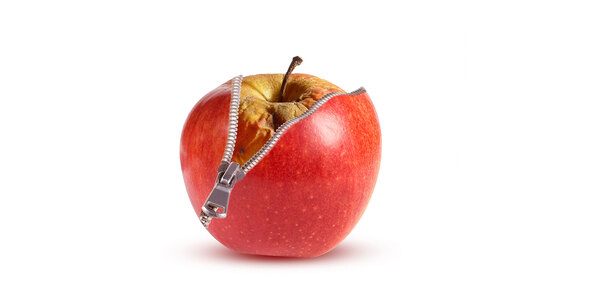Beverages – water: a lotta bottles
Tap water is free; spring water is a good source of profit. Except it's not that simple: these days, UK consumers don't mind paying for filtered, chilled tap water, especially if it's attractively presented. Ian Boughton reports
What is no longer a matter of much debate is the question of whether water is a chargeable and profitable product. It is reported that 30 million British consumers regularly buy the stuff in bottles. As a nation, we are now wedded to the idea of paying for it.
This in turn means that everyone in the hospitality trade should make a decision as to how they give or sell the item in their own site. It is without any question that the matter of a water strategy is a serious one.
There has long been a debate about the provision of ordinary water by the hospitality trades. This has often been confused by the urban myth of a supposed age-old law which says that any caterer must supply free water on demand â" there is actually no such law, but no professional caterer would ever turn down such a request. They may, of course, try to move the customer on to a paid-for product.
Where it is accepted that water can be sold, the major problem is of its source.
There has long been a row about the concept of importing bottled drinking water. A few years ago there was a big scandal over bottled water which came 10,000 miles from Fiji to be sold as a chic novelty, and very recently an MP called it morally unacceptable for water to be imported at all.
However, in the EU as a whole, imported water has tumbled by 16 % already this year, and in the UK, locally-produced waters now account for perhaps three-quarters, of our consumption. (French waters, long considered the top brands, make up 17 % of what we buy, and in the matter of water miles, Britain has probably scored the best exports of all, with Harrogate water being exported as far away as Australia.)
In general, the hospitality trade seems to have almost completely adopted the value of local waters. Scottish & Newcastle pubs use Highland Spring water from Perthshire. In Wales, the Brains pubs use water from the foothills of Snowdonia. It is a pattern followed across the country.
But the other major row is over whether local water comes from a nearby well or spring or simply out of the nearest tap. There continues to be a fierce argument over whether mains water which is purified and bottled on site is as good as bought-in mineral water.
We are lucky in that our water is almost always perfectly drinkable, although there are debates about whether the regional characteristics of our water are lost in the filtering process.
The most dramatic recent example of this is from New York, where this summerâs opening of the Molecule café caused a local sensation, with the sale of highly-filtered tap water at $2.50 a bottle. Those who bought it loved it; food critics called it "dead water", claiming that the minerals in the liquid had been removed in the filtering.
The major players in filtering all argue that British tap water is already among the worldâs best, so you might just as well improve it, brand it, chill it, and sell it. Their various systems link into the normal water supply before filtering, purifying and chilling, and then being dispensed â" ideally, into house-branded bottles.
John Artis, the tableware supplier, remarks that while it was once considered chic to show a water menu with several branded mineral waters, public opinion has turned and most consumers are content to drink filtered tap water from locally produced sources. The challenge is to present it properly, which is why the brand has created a range of carafes, jugs and reusable bottles for this purpose.

Vivreau is used by the Galvin brothers at their Michelin-starred La Chapelle restaurant in London. According to restaurant manager Antonio Dâ Agostino, it gives a positive environmental story for his waiting staff to tell to diners, and they sell 300 bottles every day, with very little production effort â" bottles are filled in bulk prior to opening for business and stored in fridges.
At EcoPure, managing director Paul Proctor says that there is a strong additional case based on the savings of manufacture, transport, storage and disposal of bought-in bottles.
According to EcoPureâs figures, 10 minutesâ work a day is enough to produce150 litres per week, cost savings can become evident from 10 litres a day, and its clients save 11 million single-use water bottles from landfill a year.
This is all information to put on your menu, says Nick Burridge, sales director at Classeq, producer of the Eau de Vie system. If you are going to process your own water, shout about the elimination of waste and food miles; in-house, consider the additional advantages of freeing up storage space and of giving your own staff unlimited free access to good-quality refreshment.
Not surprisingly, the bottled water suppliers are thoroughly against all this.
Wenlock Spring, without doubt the most vocal brand in the bottled spring water sector, has long argued that bottled water from an identifiable spring gives a far better sales story. Director Matthew Orme maintains that an explanation of why a water has been selected for your establishment, the story of how the geological formation of the natural water source determines its taste profile, and a clear "buying British" position, all outweigh the concept of filtering tap water on site.
And essentially, he says, water must now be treated as a serious profit-making product.
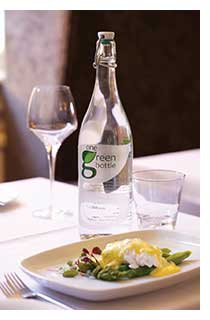
"Display it properly â" behind the bar, put it where it can be seen, ideally next to other known beverages."
If sales of bottled water in food service are not good, says the brand, then the reason is almost certainly because it is not displayed or marketed properly.
"With a responsibly-bottled spring water, such as Wenlock Spring, the consumer will know where the water has come from and the minerals it contains; a water that is naturally filtered rather than chemically cleansed," â¨says Orme.
Whichever route a caterer goes down, a strategy of some kind remains essential â" not least at this time of year, says the British Bottled Water Producers organisation.
This is the time for promoting healthy non-alcoholic drinks and calorie-free alternatives to soft drinks, and more call for table waters for the party season. Itâs a good time to think again about making water profitable.
WATER SALES
Bottled water is a product whose performance varies sharply from year to year â" very few products react to the weather as dramatically. In 2011, sales of bottled water rose by 2%, but sales are still well below the boom years of 2005-2007. Still water accounts for around three-quarters of consumption. According to the British Soft Drinks Association, 92% of this water is bottled in plastic and the rest in glass, which has interesting implications on waste.
WATER AND COFFEE
According to Fracino, the only British maker of espresso machines, the British trade is missing an upsell opportunity for water beside coffee. In many coffee houses, a free glass of water is provided with an espresso â" in Italy, waiters will automatically ask the customer if they would like still or sparking water.
CONTACTS
Vivreau 0845 674 9655 www.vivreau.com
Classeq 0844 998 0870 www.eaudevie.com
EcoPure 01844 290088 www.ecopurewaters.com
Wenlock Spring 01694 781277 www.wenlockspring.co.uk
Artis 020 8391 5544 www.artis-uk.com**




